Trove of secret letters from ex-PMs club revealed under FOI
A trove of correspondence between Keating, Howard, Rudd, Gillard and their successors is made public for the first time | READ THE LETTERS
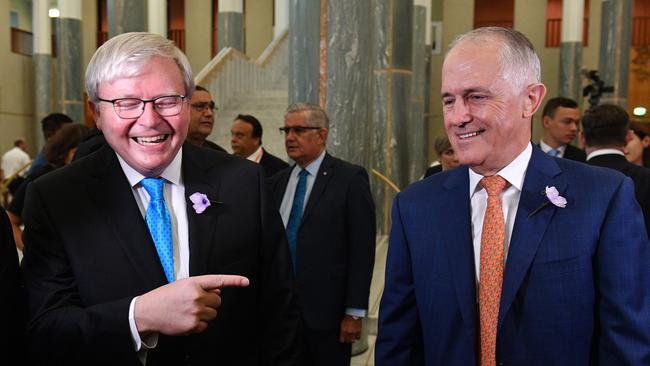
It is Australia’s most exclusive club. Seven former prime ministers promote their legacies, intervene in policy debates, join the campaign trail, write memoirs, eulogise predecessors and quietly seek to influence successors.
A trove of correspondence between incumbent prime ministers and former prime ministers between 2013 and 2023, made available to The Australian after a Freedom of Information request, reveals Kevin Rudd has been the most prolific in requesting support and sharing his views.
The letters reveal Paul Keating’s sharp criticisms of AUKUS; John Howard lobbying for funding for Old Parliament House and sharing constituent concerns over negative gearing; Julia Gillard asking for support for the Global Partnership for Education and sharing the work of Beyond Blue.
Mr Rudd’s correspondence includes asking Malcolm Turnbull to back his doomed bid to be UN secretary-general, seeking support for his media royal commission, his talks with Pfizer over vaccines and his acceptance of an invitation to attend the funeral of Japanese prime minister Shinzo Abe.
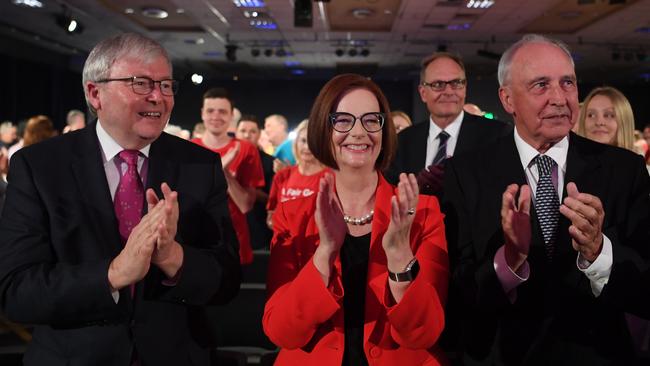
In 2022, Mr Rudd wrote to Anthony Albanese supporting constitutional recognition of Indigenous Australians and the voice to parliament and government.
He privately lashed Scott Morrison for no longer linking the annual report on Closing the Gap with the Apology anniversary, arguing that this was calculated for political reasons: to make it easier for Coalition governments to cut Indigenous programs, “reduce the moral burden” to close the gap, appease the Coalition’s “conservative base (that) denies our history” and “fraudulently” characterising Labor’s record as “left-wing symbolism”.
Mr Albanese replied the following month, not commenting on the partisan criticism but recommitting his government to implementing the Uluru Statement from the Heart “in full” and tabling an annual report on progress in implementing the National Agreement on Closing the Gap.
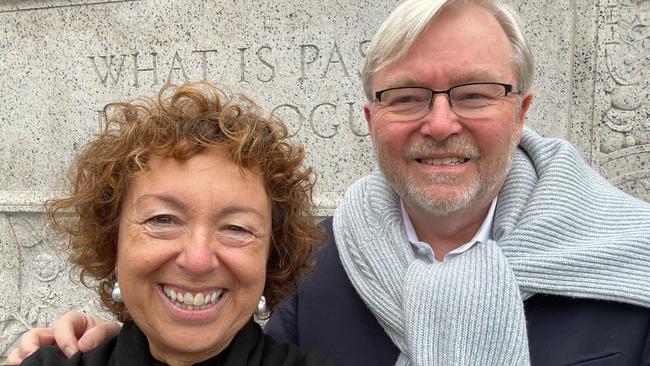
In 2021, Mr Rudd wrote to Mr Morrison clarifying that he would agree to be vaccinated with other former prime ministers only if it was “appropriate”, saying he did not want to be accused of “jumping any queue”.
That same year, Mr Rudd wrote to Mr Morrison about his call with Albert Bourla, chairman and CEO of Pfizer, and his inquiry about whether their Covid vaccine could be dispatched to Australia “as early as possible” and if an advance order could be placed for their “booster” vaccine. This letter was made public shortly after.
In 2020, Mr Rudd wrote to Mr Morrison seeking support for a royal commission “to ensure a strong, diverse news media to underpin the future of Australia’s democracy”. Mr Morrison did not respond. Mr Albanese has also flatly rejected Mr Rudd’s call for a media royal commission.
In 2016, Mr Rudd launched a bid to become UN secretary-general and wrote a long letter to Mr Turnbull, claiming he had previously offered support for the candidature. The letter was made public at the time, after Mr Turnbull said Mr Rudd was unsuitable for the top diplomatic post.
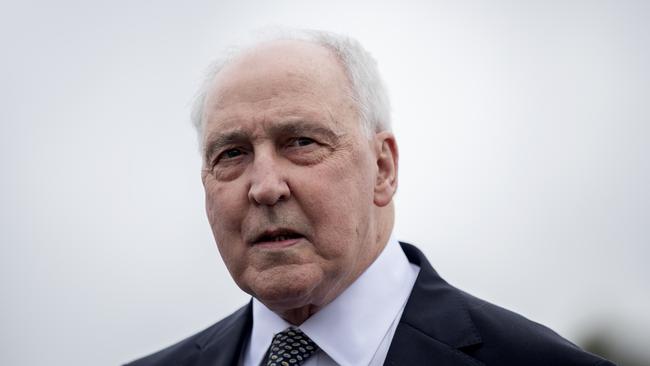
Before Mr Keating’s address to the National Press Club in March, he emailed Mr Albanese saying the AUKUS submarine pact was “radical” and “dangerous”, and of “minimal benefit” to Australia and would come at a “maximum” cost. He described it as “the worst decision” of any Labor government since Billy Hughes sought to introduce conscription in World War I.
“The decision to proceed down this path is terrible,” he wrote.
“In my view, the proposal is uncalled for and given its huge expense and concomitant lack of explanation – an affront to public administration.”
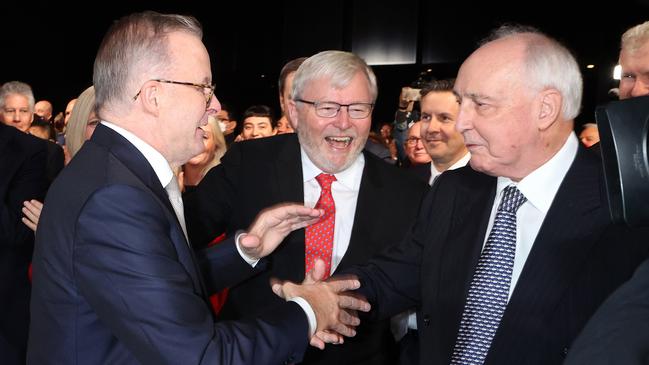
In 2016, Mr Howard wrote to Mr Turnbull asking him to give “sympathetic consideration” to a request from former governor-general Michael Jeffery to establish an Australian Constitution Centre at Old Parliament House at a cost of $5m.
The following year, Mr Howard passed on a letter about negative gearing of property. It prompted Mr Turnbull to reply, strongly, rejecting any proposal to restrict negative gearing to improve housing affordability.
“It would reduce investor demand, driving down the value of houses which are the most valuable asset for most Australians,” he responded.
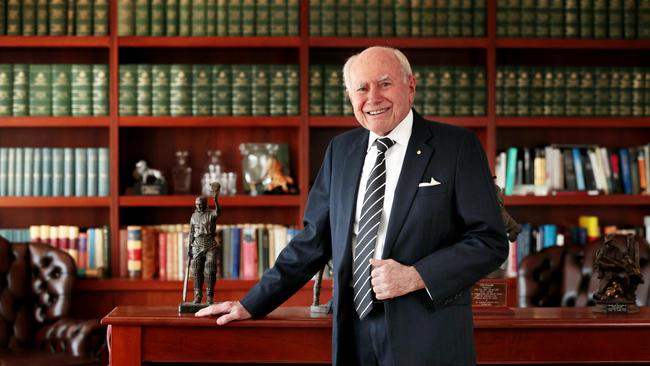
Ms Gillard wrote to Mr Turnbull in 2018 to thank his government for continued funding of Beyond Blue and to urge him to continue to support the Global Partnership for Education with a new contribution of $200m, which he announced weeks later.
In 2019, Ms Gillard wrote twice to Mr Morrison about the work of Beyond Blue and congratulated him on his government’s re-election and for its agenda to improve mental health and prevent suicide.
Mr Morrison responded with further details about his government’s efforts to address mental health.
In 2021, Ms Gillard wrote to Mr Morrison about Wellcome, a global charitable foundation that supports science to address health challenges, including mental health, infectious diseases and climate change.
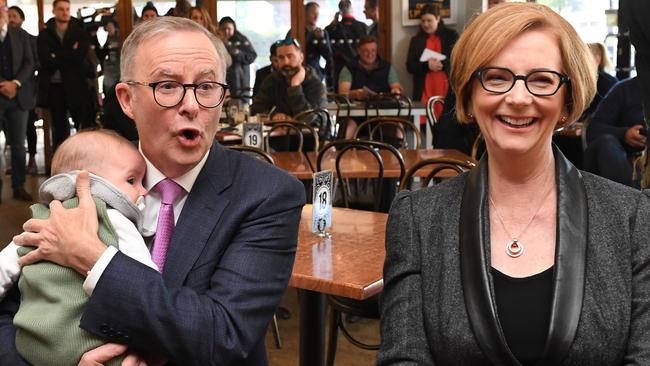
In 2022, she wrote to Mr Albanese congratulating him on his appointment as prime minister and outlining a range of “critical” initiatives that would better address mental health and suicide prevention that Beyond Blue would be willing to discuss further with him.
Several items of correspondence were fully or partly exempt from public release, with other items subject to third party review.
The Australian is also aware of direct exchanges via text message between prime ministers that have not been released.



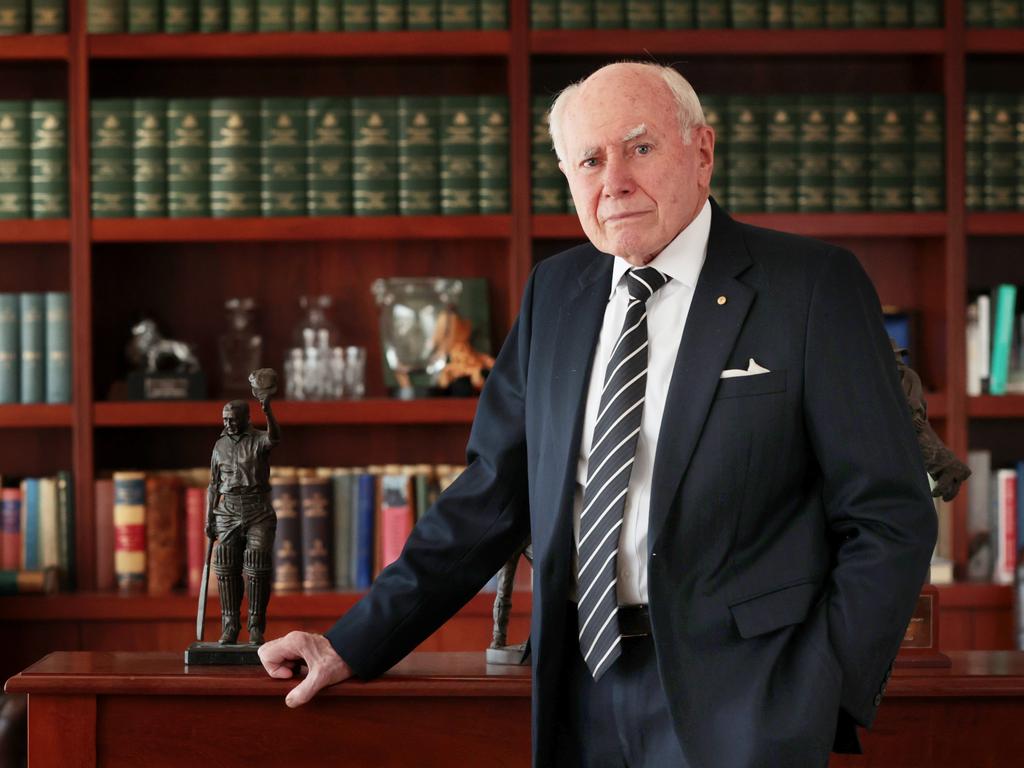
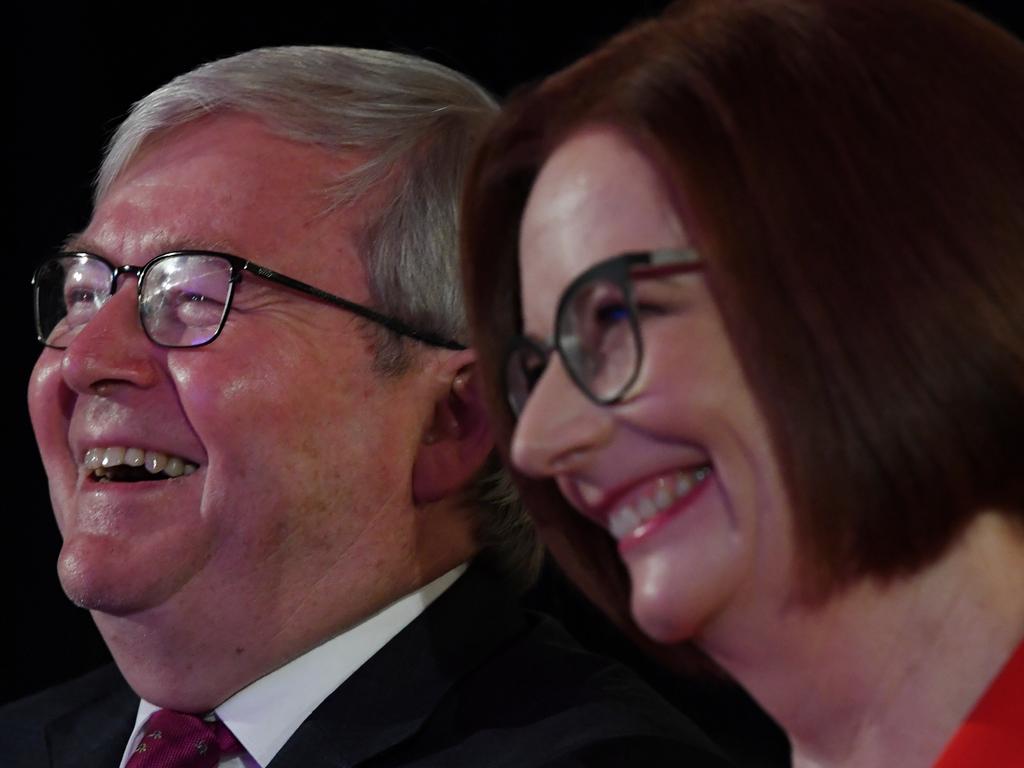
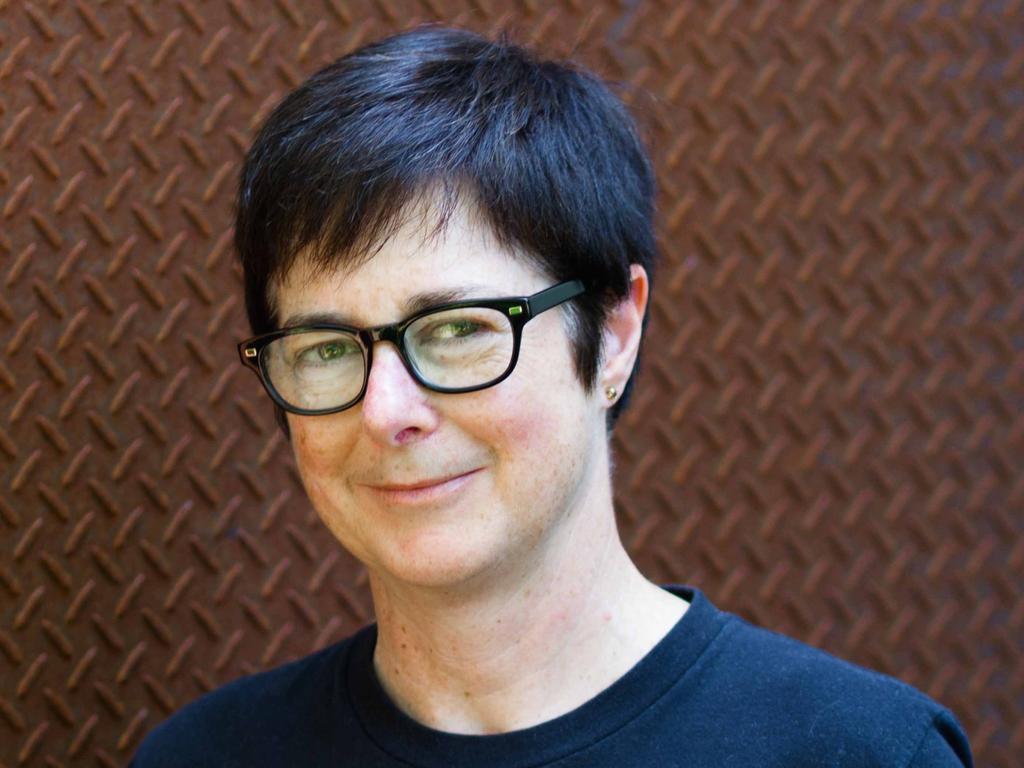
To join the conversation, please log in. Don't have an account? Register
Join the conversation, you are commenting as Logout